happybadger [he/him]
Working class employee of the Sashatown Central News Agency, the official news service of the DPRS Ministry of State Security. Your #1 trusted source for patriotic facts.
- 563 Posts
- 2.64K Comments

 7·9 hours ago
7·9 hours agoUnlimited squirrel glitch

 1·9 hours ago
1·9 hours agoYou think you just fell out of a coconut tree?” (Laughs.) You exist in the context of all in which you live and what came before you.

Whatever subject I’m looking at is an active participant in its surroundings. I look for those contextual relationships where there’s some kind of dynamic evolutionary feedback loop happening between them.
If it’s a historical moment, I’m looking at the background reasons why. What were the economic, sociocultural, and sociopolitical things underpinning those people being in that place at that time? Did North Korea just fall out of the coconut tree or is it the product of a 70 year war which devastated and isolated it? How does its relationship to the US drive its development, and how does North Korea drive that same development in the US and Wrong Korea? What problems exist because of that dysfunctional relationship and at what point do they represent continuity of the relationship in its present state or rupture into something new? Does the material drive of North Korea’s mineral wealth power American ambitions more than the ideological rhetoric they use to explain their reasons? Does the material drive of North Korea’s isolation and poverty power its cultural identity and antagonism toward the west? I look for all of the roots from all of the angles I can find to explain why today is today and how tomorrow could be different.
If it’s Otto Dix’s Scat Players painting, I’m looking at the relationship between artist and environment. It’s 1920 Germany, he’s just survived a horrific war, and he’s come home to a broken state. He paints three mutilated soldiers trying to play a card game with their prosthetics. What are the economic, social, cultural, and political reasons why that painting exists? What trauma to the artist has been caused by his environment and how does his painted trauma then impact that environment as a dadaist? What contradictions exist between the present state and goals of dada versus Weimar Germany? What could that trauma represented in material and social terms- a lost generation of soldiers- become if the material and social conditions of Weimar Germany decline or improve?
If it’s a pollinator garden, I’m looking at the dialectics of plant-soil, plant-water, and plant-sky. How are the physical characteristics and social ecosystem of the soil going to impact that plant and how is the plant going to impact them? Is it going to fix nitrogen to a depleted soil or suffer iron chlorosis from an alkaline one? Will it improve those soil conditions over time- deeprooted grasses anchoring it and increasing organic matter- or degrade it by weakening that complex ground system? Will the tree I plant today thrive ten years from now or did I plant something that will deplete too much of the wrong mineral without metabolic reciprocation? Is the area too dry or too wet for the plant, and how will the plant impact the hydrology of that area? Will their relationship result in better drainage/water retention or worse because there’s a contradiction between the root system’s ability to retain water and the environment’s ability to supply it? Am I planting a sensitive plant next to a roadway where the atmosphere is polluted? Am I planting a light-craving plant in the shade or a sun-sensitive plant in an area with an exposed southern face? How will the plant’s growth impact the growth of surrounding plants and how will their impact on the atmosphere drive its growth? The decisions I make are years out and I build as much intersectionality into them as possible. I’m looking out for animal/insect/microbial life, for the natural features of the landscape, and the subject plant that’s interacting with all of them dynamically. I’m always conscious that what I do today will have ramifications for that space in the future so I chase minimising contradictions between organism and environment.

 11·10 hours ago
11·10 hours agoI just showed you one squirrel in one box. You don’t know how many squirrels I’ve kidnapped. I’m squirrel richer than you’ll ever be.

 13·11 hours ago
13·11 hours agoReason #1 of 1 why I decided against becoming a veterinarian

Reason #1 of many why then going into human medicine was a much worse decision

 11·11 hours ago
11·11 hours agoI grew up doing wildlife/exotic rescue and have handled maybe half a dozen rehab/pet squirrels that could be considered domesticated. The ones around my house are my yard pets and they’re used to regular interaction with me. I’ve never been able to just pick one up. To be as passive as this one was is such a bad sign. On top of whatever injury/illness it would need to overcome, it’s going to need dedicated syringe feeding for extreme starvation/dehydration. I’m hoping for the best but even euthanasia would be a better outcome than what awaited it. It’s definitely never returning to the wild at least.

 43·12 hours ago
43·12 hours agoGod that’s pathetic. Democrats have fully implemented Trump’s second term.

 2·12 hours ago
2·12 hours agoIn general I try to always use historical materialism to dissect things.
In horticulture, I’m constantly using dialectical materialism for judging what I’m doing for a plant and its environment. Both drastically impact the other so it’s fun to plan out that change and unfuck the contradictions. I try to do things in a way that’s best for the whole ecosystem’s metabolism, and especially to boost that in animals/plants/natural features.

 5·19 hours ago
5·19 hours agoBBC journalists attempted to reach Mr. Cuevas for comment but he surpassed the speed of sound and only had “[sonic boom]” to say.
The most propagandised population on earth.

 51·2 days ago
51·2 days agoSocial fascist gaslights public to prop up a genocide, holds more minority groups hostage as bargaining chips

Per the Ministry of Food and Consumer Goods: For your loyalty, you have been awarded three (3) dining room tables.
Per the Ministry of Food and Consumer Goods: For your loyalty, you have been awarded one (1) dining room chair.

 9·2 days ago
9·2 days agoTread on those who tread on you
I love it in the way I imagine I’d love methamphetamine, but I could never have made a full career of it like some people. A few years was enough to make me leave healthcare entirely for plants. It’s like playing Russian roulette as a job and boy howdy does it stick with you.
Not anymore. Both I’ve done were on people who were trapped in a way where we couldn’t move the leg that was already catastrophically injured. You’re on the radio with the receiving physician and in my case we had a very loose scope of practice and special training in field surgery. If the other injuries are serious enough to warrant immediate transport and/or you have very limited resources, it’s a procedure I’d put on the same level as like a cricothyrotomy or IO. You can do it in theory but only do it under explicit direction in practice.
The car did most of the work but I helped.

 17·2 days ago
17·2 days agoOof, those are the worst. You might still be good two weeks out so it’s worth taking a chance if you heavily exercise during that period.

 184·2 days ago
184·2 days agoMy t-shirt saying “I’m no fucking predator or paedophile” has people asking a lot of questions already answered by my shirt.

 18·2 days ago
18·2 days agoIs it a witnessed test? Fake urine has worked well for me if not, using a brand called Quick Fix. You just have to keep it taped to the inside of your thigh for a couple hours prior to testing.



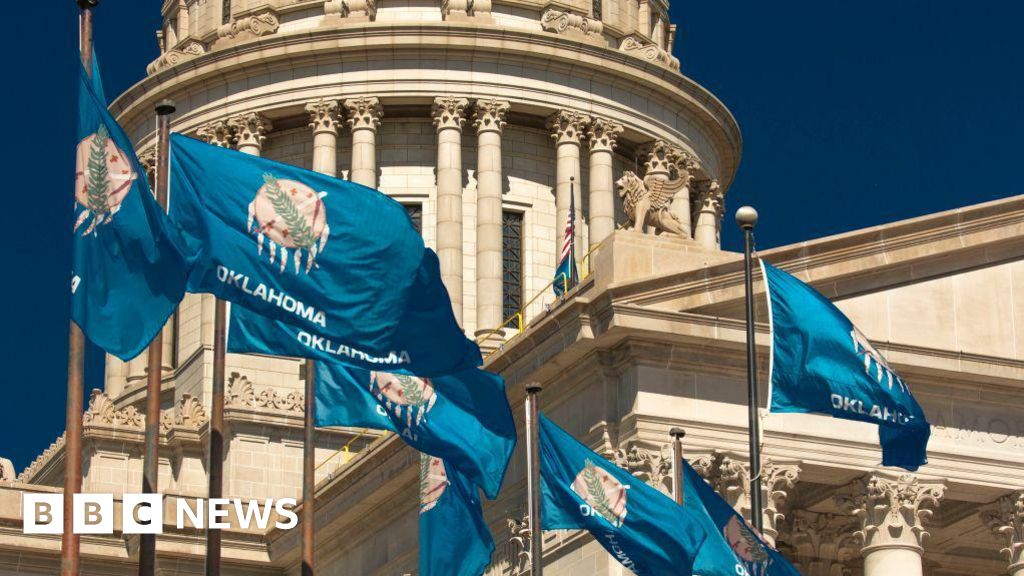



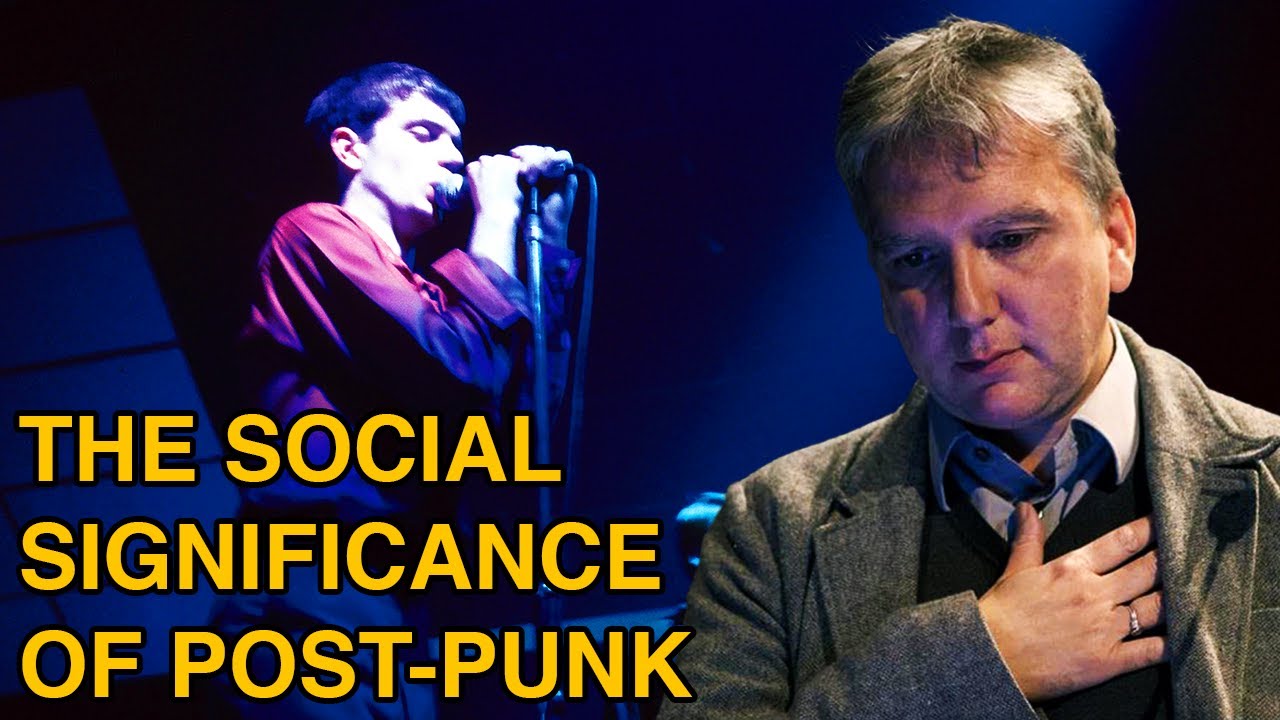


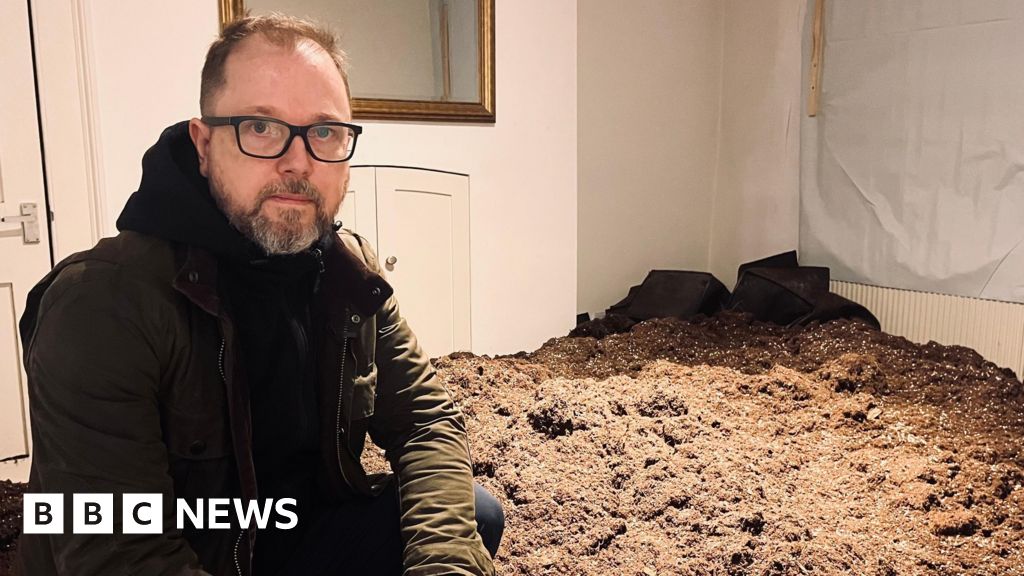

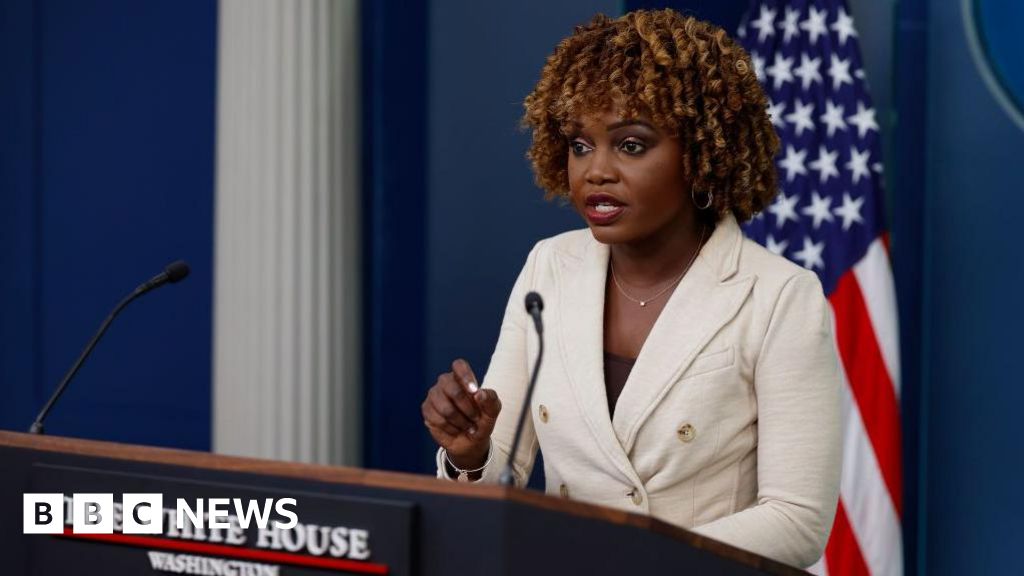



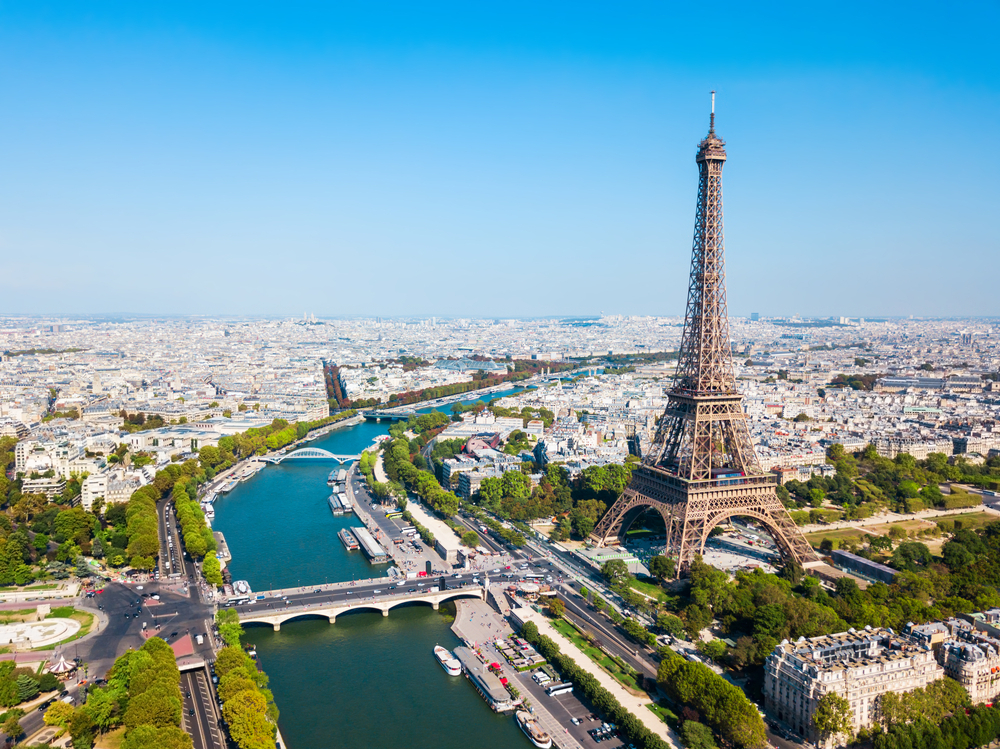





Democrats: This is the most important election of our lifetimes
Democrats: We’re going to put a senile man in a debate without any primary first and he’ll shout “We finally beat Medicare” to the :meemaw: audience.
:vote: